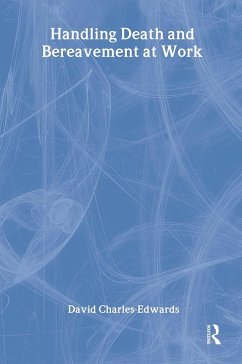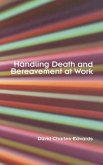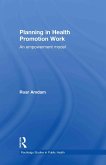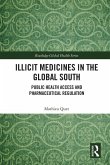An estimated 3,500 people die every day in the UK. If someone at work or their partner or close family member dies, managers and colleagues need to respond appropriately. This book breaks new ground in placing bereavement on the management agenda. It addresses some challenging questions such as: What to say and what not to say? How to balance the needs of the person and the job? How do you get it right in a diverse, multi-cultural workforce? How do you decide what time off is reasonable? How can other people at work help, as well as avoiding making the situation worse? This book is an essential guide for anyone in an organisation who has to take responsibility in the event of death. It covers issues such as what do in the event of a sudden death at work, managing staff who are terminally ill, and practical help after death including funerals. It is a unique and constant point of reference for anyone concerned with one of the most challenging issues to be faced in the workplace.
Hinweis: Dieser Artikel kann nur an eine deutsche Lieferadresse ausgeliefert werden.
Hinweis: Dieser Artikel kann nur an eine deutsche Lieferadresse ausgeliefert werden.








